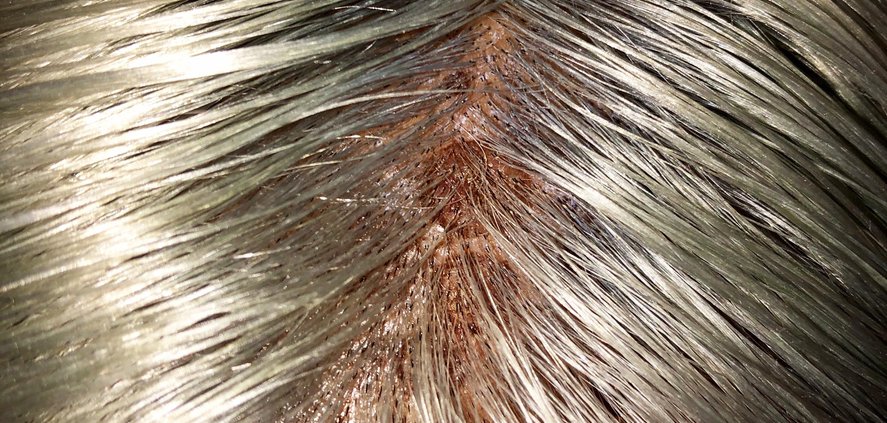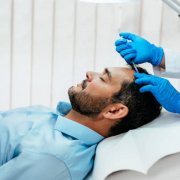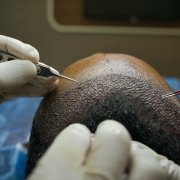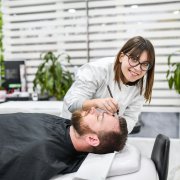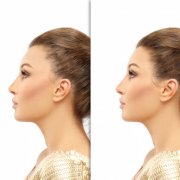How Scalp Scars Are Repaired
Scars in themselves are a reminder of either a good or a bad experience. Scalp scars, in particular, can occur due to an injury, certain conditions like scarring alopecia, or the very procedure done to restore your hair to its previous glory—hair transplant surgery.
Follicular unit transplantation (FUT) and follicular unit extraction (FUE) are two life-changing hair restoration methods boasting remarkable success rates. Nonetheless, they almost inevitably cause scarring, which is inherent in any type of procedure that involves incisions. Other factors that contribute to the development of scalp scars after hair transplant surgery include keloidal tendency, which can run in families; the surgeon’s skills; and the size of the hair strip extracted.
Regardless of which of these has caused your scalp scars, you’ll be glad to know that there are a number of effective solutions available for them. Outlined below are a few techniques available for scalp scar repair.
Scalp Micropigmentation (SMP)
SMP is essentially a process of scalp tattooing, similar in concept as microblading. The difference lies in that while microblading is used to make hair stroke lines that look like paper cuts on the eyebrows, scalp micropigmentation makes dots on the scalp. The micropigmentation can be customized to approximate your natural hair growth pattern.
During an SMP procedure, your hair doctor uses microneedles to inject pigment into your scalp scar to conceal it while creating an illusion of fuller hair.
Body Hair Transplantation
If you have extensive scalp scarring for which an SMP may not be an effective option, your doctor may instead recommend body hair transplantation. During the procedure, your hair transplant surgeon extracts hair from your beard or other body hair donor sources (e.g., chest hair) and inserts the follicles into the site, so your hair grows in the right direction as your scalp heals.
Platelet-Rich Plasma (PRP) Therapy
PRP therapy is both an effective hair loss solution and a scalp scar repair option. If you’ve had a hair transplant surgery, your doctor may recommend PRP therapy to minimize scalp scarring. PRP therapy is also an excellent option for scalp scarring due to injury or alopecia.
PRP, which is obtained from your own blood, contains growth factors that stimulate collagen and elastin production in your skin, thereby improving scar texture and reducing visibility.
Scalp Scar Repair in Kansas City, MO
Dr. Scott Darling, our highly qualified hair transplant surgeon here at Darling Hair Restoration, specializes in the latest innovations in hair regrowth and scar revision. You can count on him to provide you with unmatched aesthetic results, so you can look great and feel great again!
To arrange an appointment with Dr. Scott Darling, please call us today at (816) 792-3400. Alternatively, you may use this form to send an appointment request. We look forward to serving you!

